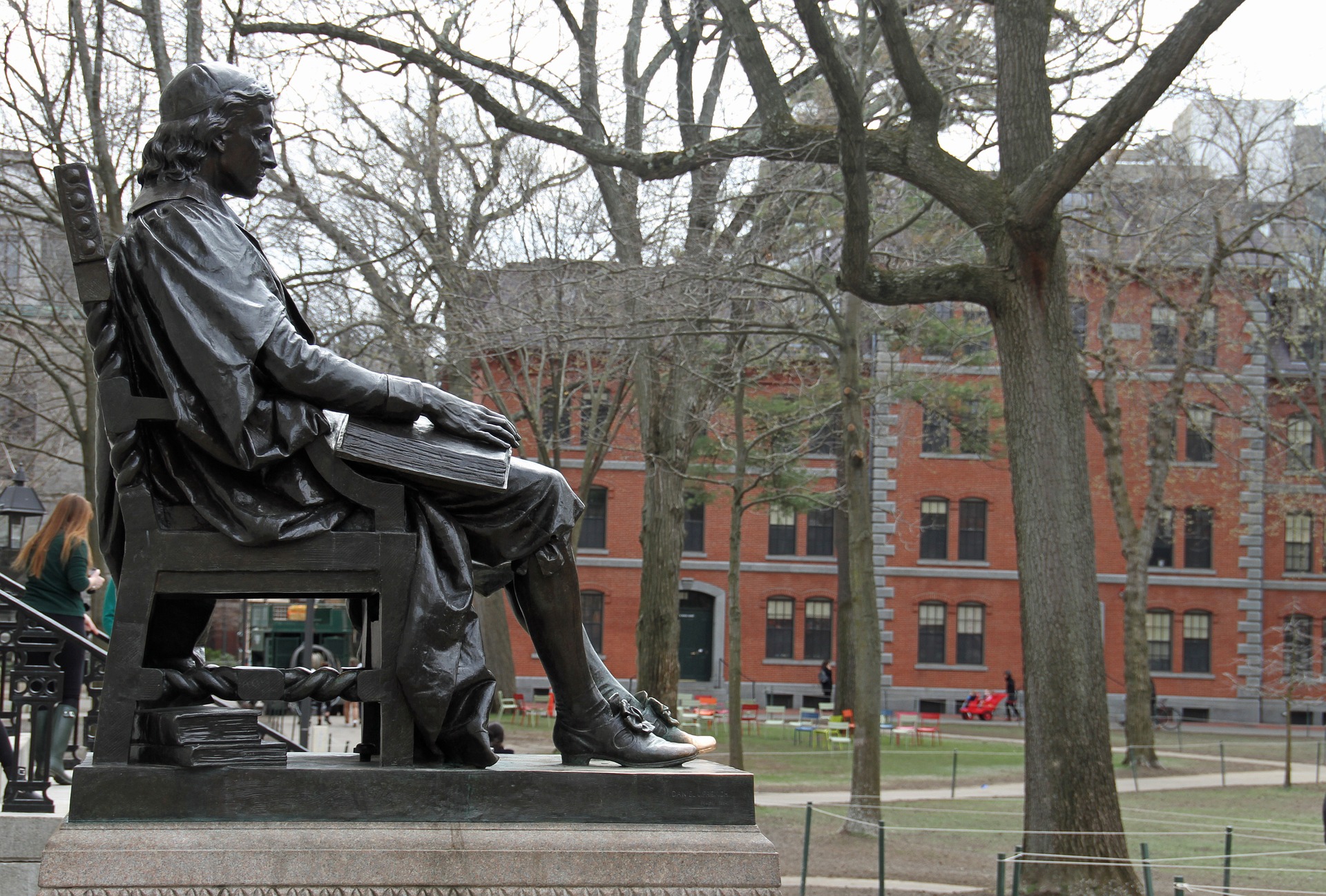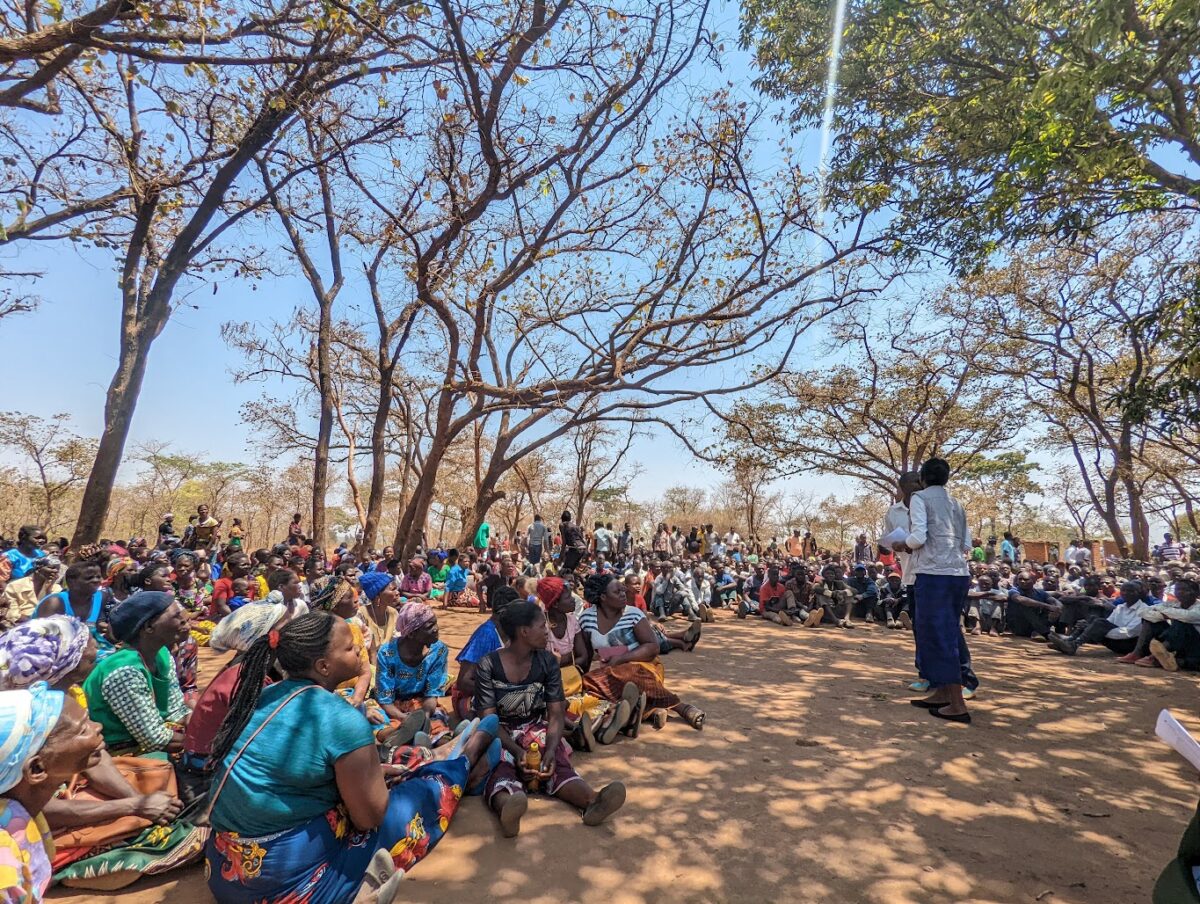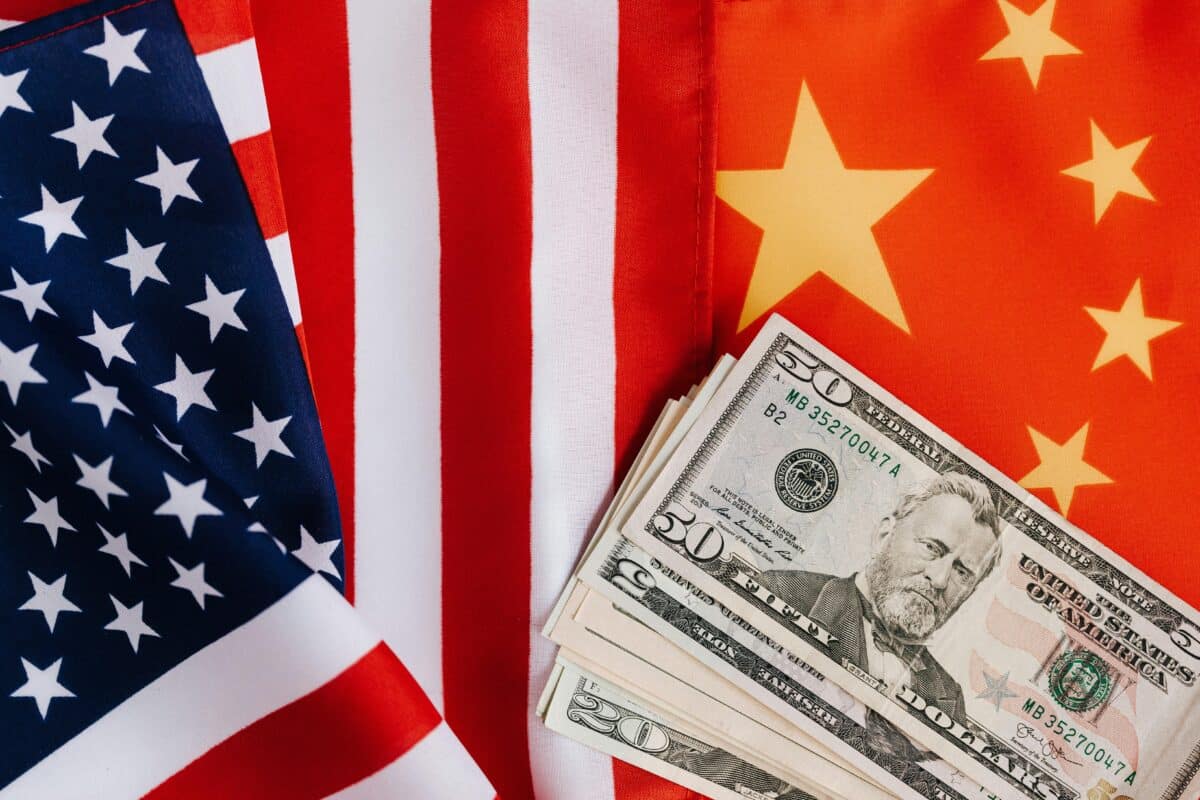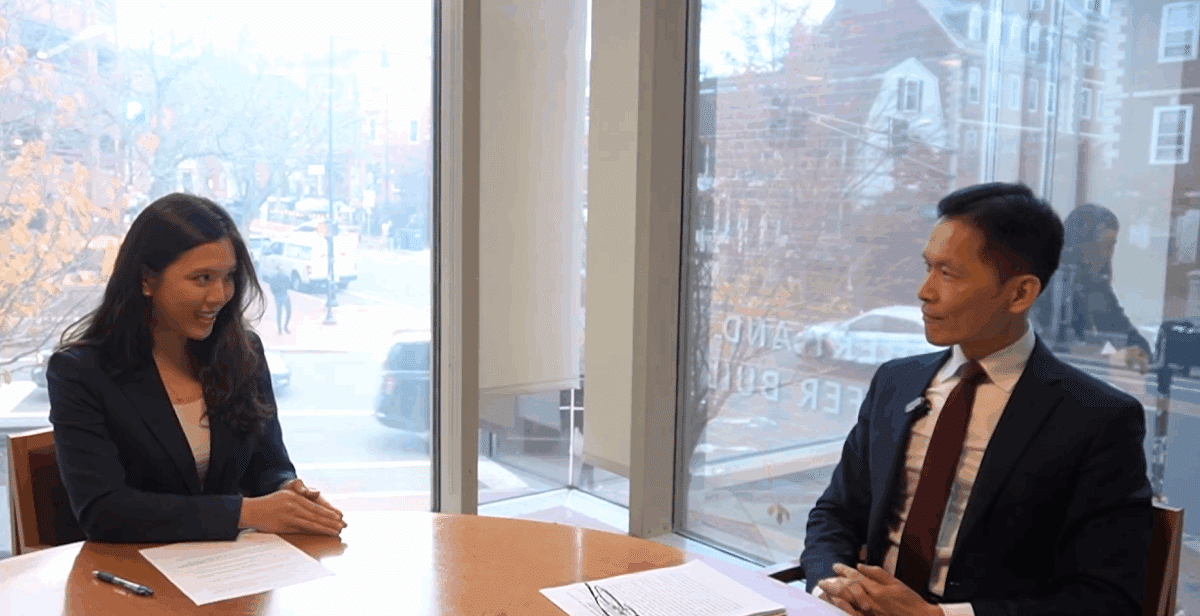
Explore all Articles
filter by–Topic
filter by–Region
filter by–Country
search by–Keyword

Addressing Crisis Pregnancy Centers in Wisconsin Through Gubernatorial Action
02.28.26
With this limited window for change, the governor of Wisconsin must advance efforts to bolster reproductive health and combat CPCs by January 2027, before his current term concludes.

Don’t get distracted in the debate on cash transfers
02.24.26
Our anxieties about the future should not cloud evidence today.

Russia’s “Peace Talks” Are Theater – And Trump Is Still the Target Audience
02.13.26
The resumption of direct negotiations between Russia and Ukraine in May after a three-year hiatus was never about peace.

Wrangling with Explosive AI Growth
02.1.26
Policymakers are accustomed to thinking in finite measurable terms like laws, budgets, and program implementation. Artificial intelligence, however, no longer advances in a straight line or within the familiar boundaries of public administration.

Modernizing Greece: Turning Digital Reform into Democratic Renewal
02.1.26
The far-reaching corruption scandal engulfing Greece’s agricultural subsidy system (OPEKEPE) has once again exposed deep institutional failures, but it also opens a crucial question: what can recent digital reforms tell us about the possibility of democratic renewal?

Older workers are left behind by today’s job market. They need a safety net.
01.14.26
If nothing is done to address layoffs amongst older workers, the US could be facing a future of increased poverty among adults as they are about to enter retirement age.

The Dangerous Data Gap: Why Excluding Pregnant People from Clinical Drug Trials Puts Millions of Americans at Risk
12.8.25
With over 60 million people of childbearing potential in the United States and nearly four million births annually, the continued exclusion of pregnant individuals from clinical drug trials is a critical public health issue.

Why “Two-State” is Not a Solution for the Korean Peninsula
12.5.25
Both Koreas have shared the goal of reunification despite decades of ups and downs in inter-Korean relations. This long-held goal is now in grave peril.

The Next Phase of the U.S.-China Cold War Is About Power, Not Ideology
12.4.25
The U.S. once believed it could liberalize China — the opposite may have happened.

Why a Resilient Taiwan Benefits Everyone: An Interview with Taiwanese Diplomat Charles Liao
12.3.25
Read and listen to an interview between HKS SPR and Taiwanese Diplomat Charles Liao, Director-General of the Taipei Economic and Cultural Office (TECO) of Boston.

International Security Institutions and Climate-Induced Conflicts: Adapting Strategies in an Era of Climate Geopolitics
11.30.25
Security institutions can no longer afford to relegate climate-induced migration to the periphery of strategic considerations.

An Unrecorded Crisis in California’s Courts Must Be Fixed
11.10.25
A severe shortage of certified court reporters prevents court users from accessing a record of their proceedings.